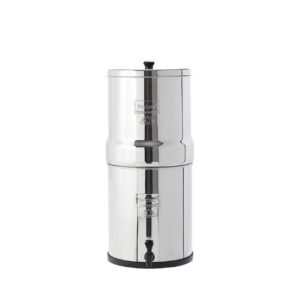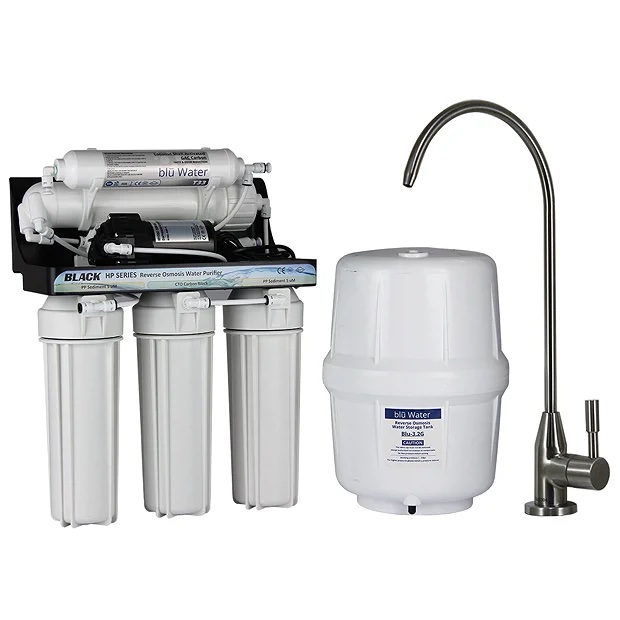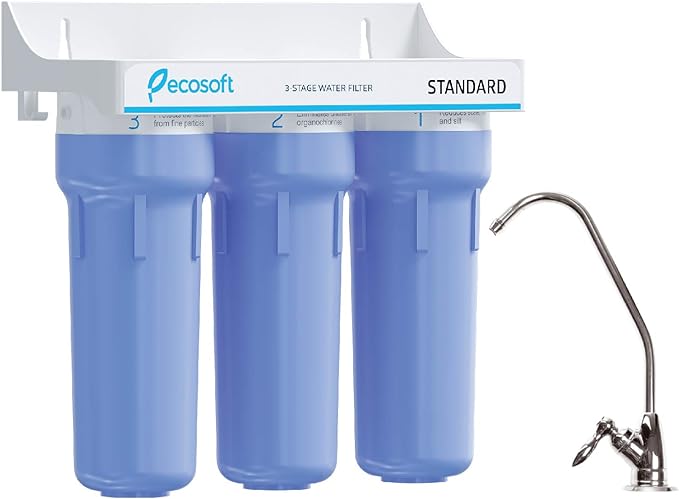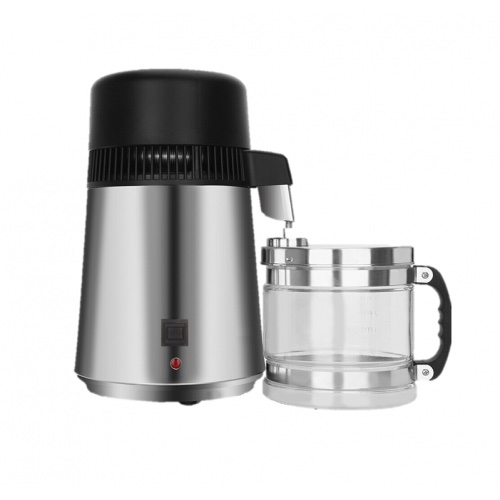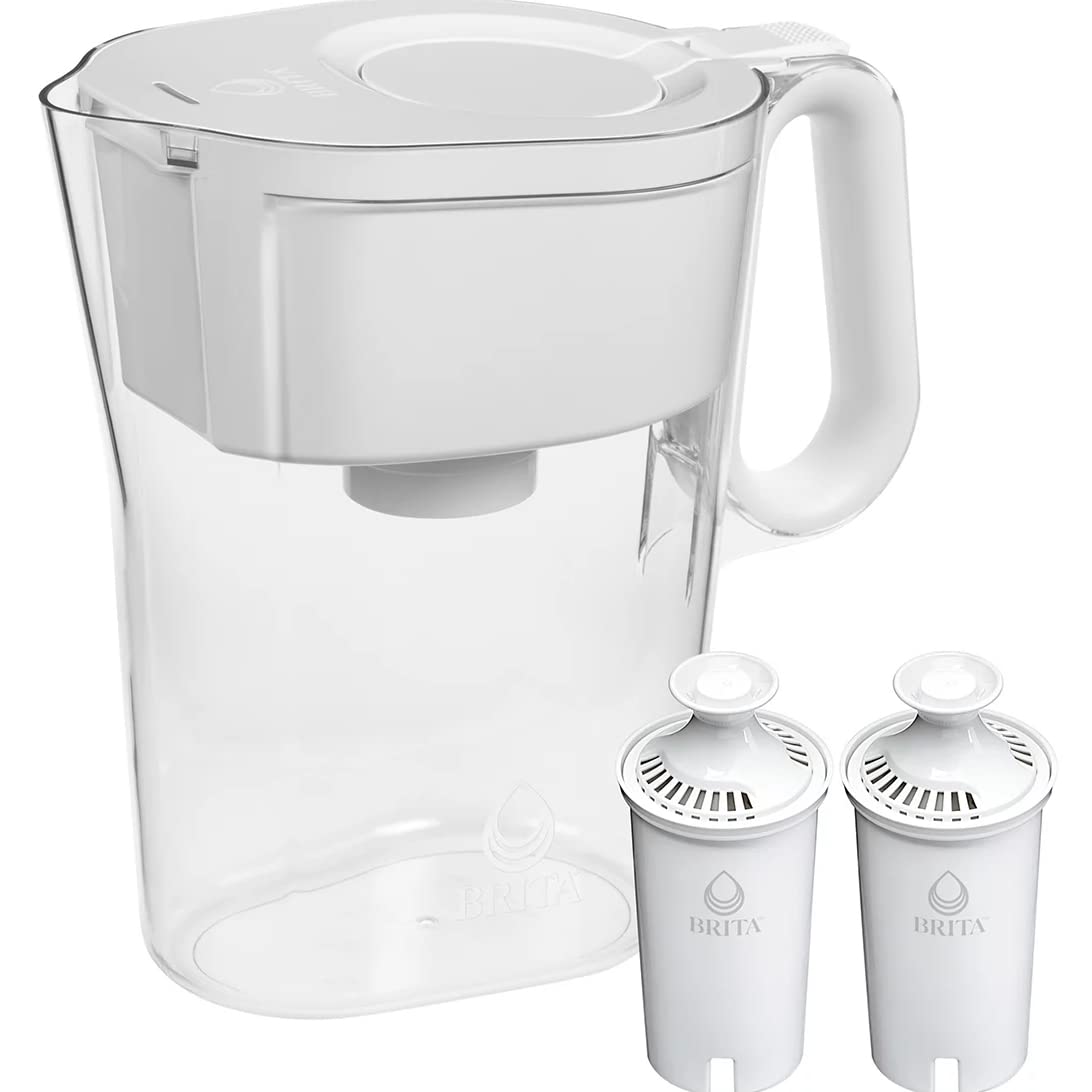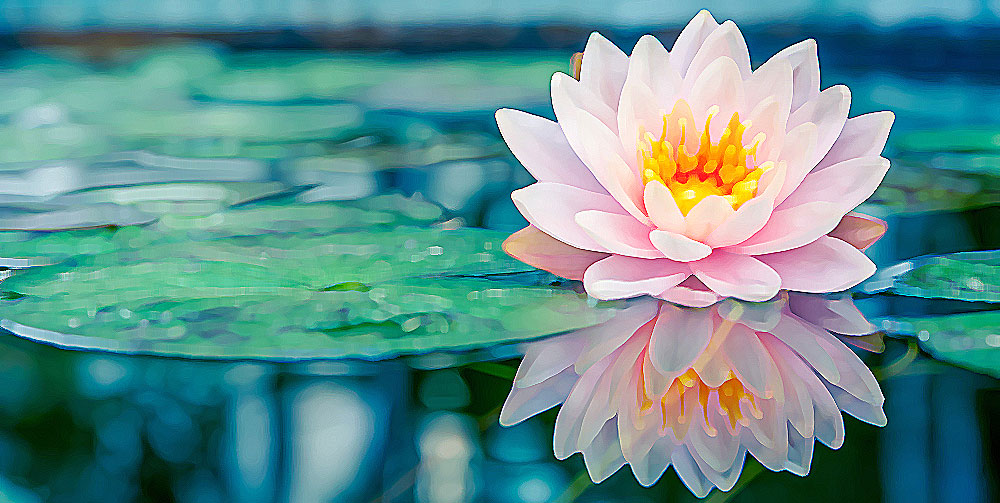
Whats the need for water purification?
The well-being journey begins with clean water. The foundation of everything.
We take the take tap water for granted. It’s something we’ve grown up with and told is safe. To a certain degree, this is true, you won’t keel over with stomach cramps. But over time your body will start suffering causing health issues. Digestion, inflammation of joints and cognitive impairment, immune deficiency amongst other issues.
This is to do with firstly the treatment of the water, chlorine and fluoride.
Chlorine is a disinfectant and I understand the theory behind this treatment killing bacteria but drinking disinfectant isn’t very good at all for us in the slightest as we are full of bacteria that maintain our body. The first is our stomachs and their microbiomes get broken down by drinking this treatment, leaving us with digestive problems, we don’t absorb the nutrients from the food and through the destruction of the biome, bad bacteria are created from the food rotting and not being digested. So, this treatment is not only counterproductive but harmful to our bodies.
Just a few things associated with chlorinated drinking water are increased risk of bowel and bladder cancer, Gastrointestinal discomfort, weakened immune system, allergic reactions, and cognitive impairment.
Fluoride is banned in a majority of Europe, The Original facts released that fluoride protects teeth are deeply flawed and we know that too much use of fluoride causes dental, skeletal fluorosis, and joint inflammation problems plus fluoride is toxic once in the bloodstream causing neurological problems.
The levels of fluoride in water are said to be in line with acceptable health levels that fall in line with government guidelines. But depending on the amount of water you drink and other products you use with fluoride, this chemical occurs naturally in water and other foods and causes fluoride overloads which cause serious health problems.
Also, the effects of fluoride in young children are particularly bad as we are starting to find out that cognitive impairment is related to over-exposure and this is where cognitive growth is very important.
The mouth also has its own biome (which chlorine and fluoride destroy) and it’s now being proved that healthy teeth result from a healthy diet and oral hygiene, but too much fluoride is bad for teeth causing dental fluorosis which is more common in children.
Next on the list are heavy metals like Aluminium, Lead, Mercury, Cadmium, Copper, Arsenic
Various chemical contaminants will differ nationwide depending on local agriculture and industry like Nitrates, ammonia, Silver, Selenium, Radium and Perchlorate, to name a few.
Also, hormones are a health problem that remains in drinking water, high levels of Estrogen plus other hormones have been found in many areas.
Filtering water should be something everyone should be thinking about.
But we have grown up being told it is not only safe but fluoride is good for you, so no need to look elsewhere.
I think bottled water is better than tap water just on the strength that you don’t have chlorine and fluoride but you can’t be sure of the contaminants this depends on what company supplies the water, where it’s from and its laws. I don’t like the waste plastic and sometimes cheap plastic which can contaminate the water also.
There are a few different styles of filters on the Market
Types of home filters I’ll start from the very basic styles and work up to more complex ones.
Water Jug Pitcher
These are the most basic and just involve an activated carbon filter, they’re cheaper to buy easy to maintain, and being just one filter to replace, the cheapest to run, but your water isn’t filtered properly. Yes, this will take the Chloride out plus some heavy metals and other contaminants, some of the most popular don’t filter the fluoride out because they still regard fluoride as something good. But all will tell you what they do and don’t filter.
With all these jugs water tastes better.
These jugs are better than nothing, but quite a way from having clean water.
Gravity filters
These water filters are exactly what they’re called. Work exactly the same as above but much better, leaving a lower TDS (Total dissolved solids) count.
They cut down a majority of contaminants including heavy metals by 98% and use ceramic filters which filter Pathogens and pesticides can be used in conjunction with carbon filters.
These are easy to maintain a bit more pricey to buy the cost outlay is more ( anywhere between £120 and £500 depending on make and size ) you get more bang for your buck on filters, making back what you spent on filters with a pitcher jug over a few years and a lot less filling depending on the size you buy, even with the 5-6 litre versions your winning, plus the builds on these filters are metal and will last you 10-15 years (cheaper) to a lifetime, more expensive Berkey.
Under counter filters
Sit under the sink
These can range from a basic stand-alone carbon filter, very cheap and cheerful, and do the same as the jug but with no filling up, on demand, Just a bit of tinkering under the sink. Most come with instructions to easily connect to the cold water. The hardest bit is putting the small tap in the corner of the sink. Some sinks have a bung you can pull out just for these taps others you have to drill a hole or attach another way, maybe through the counter itself. I drilled through the sink for mine.
Other variations are 2-3 filter systems which are just sediment, carbon and coconut filters..
These 2 and 3-stage filters are cheap and very good at filtering most contaminants and getting rid of Chlorine and Fluoride, cheap to buy and replace filters.
I think these styles of filters are great all-rounders, easy to set up and replace and cheap.
Revers Osmoses filters (RO’s)
I have one of these at the moment and have been with it for a while. These were originally designed for photo development because they strip water back to just water taking everything out, so your photos when developed had no streaks. You will read lots of for and against regarding RO Systems, but this is mainly because of the minerals it takes out of the water leaving the water slightly acidic. Firstly with a balanced diet, the minerals aren’t as important as you’ll get these minerals elsewhere, the acidity you can treat by putting lime or other natural alkaline treatments with the water. But if you buy a 6 or 7-stage filter this should come with a re-mineraliser which takes care of this tastelessly.
7 stage filters can also come with ionizing which I like, the water tastes good.
These are surprisingly cheap but take a little more setting up. (£130 – 350 depending on make)
And may need a pump to optimise the RO filter and depending on GPD (Gallon per day ) as this works with a cylinder it fills up with filtered water, if you have a family it will want to keep filling it when empty, having a pump does this much faster and keeps the tank pressurised plus the RO filter has an optimal pressure, it will work at say 50 PSI but not as good as 85 PSI. I’ve seen kits supplied with a small one.
Mine became a bit of a rabbit hole, adding a pressure meter, TDI meter and a solenoid valve to stop water slowly making its way into the system when the motor stopped. But that’s just me, I like tinkering with things.
Water Distiller
These are by far the easiest water filters to use and maintain and probably the most efficient, they just steam the water through a filter, and they’re pretty cheap to buy (Cheaper models around £60 )
The water on these needs re-mineralising and can be a bit acidic because of the treatment.
But you can do this yourself with things like
Mineral Drops
Himalayan or Sea salt
Mineral stones
I’ve found these to have great-tasting water with the filter bags in. I say this because I’ve known people to run these without the filters and it’s not very tasty in my opinion. So check to see if a bag is in.
Below are some good examples and places to purchase these home filters
Considerations on filter type
Determining the “best” water filter is not a straightforward answer, as it depends heavily on your specific needs and priorities. Each type of filter has its own pros and cons, so it’s essential to consider factors like:
- Contaminants you want to remove: Are you primarily concerned about chlorine and fluoride, or do you want to eliminate a wider range of chemicals and heavy metals?
- Budget: Filter prices vary considerably, with simple pitcher filters being the most affordable and RO systems on the higher end.
- Ease of use and maintenance: How much time and effort are you willing to invest in installation, filter replacements, and cleaning?
- Living situation: Do you have limited space or prefer a portable option like a jug filter, or can you accommodate a more permanent under-counter system?
- Water Jug Pitchers: Great for basic filtration on a budget, convenient for limited space, but limited purification capabilities.
- Gravity filters: Effective against a wider range of contaminants, longer filter life compared to pitchers, still relatively affordable.
- Under-counter filters: Offer convenient on-demand filtered water, good range of options for varying needs, require some installation and plumbing knowledge.
- Reverse osmosis (RO) systems: Most comprehensive contaminant removal, ideal for areas with heavily polluted water, require more space and maintenance, some debate about mineral removal.
- Water distillers: Easy to use and affordable, remove all contaminants including minerals, require remineralization for taste and health reasons.
- For budget-conscious and basic needs: Gravity filters offer a good balance of affordability and effectiveness.
- For convenience and comprehensive filtration: Consider under-counter systems with multi-stage options for chlorine, fluoride, and other contaminants.
- For heavily polluted water or maximum purity: RO systems can be the best choice, despite their higher maintenance requirements and higher cost depending on make and size.
- For portability and simplicity: Jug filters remain a convenient option for basic filtration and limited space.
- Distillers: are the easiest of the bunch but you have to run it for 2-3 hours to make 2-6 litres of water, it is like having a slow boiling kettle.
Zero Water Jug filter
One of the better Jugs, claims to filter a majority of contaminants with its Ion filter.
Klar Water Pitcher
A great Pitcher that Removes Fluoride, Lead, Microplastics, PFOA, PFAS, and Pesticides.
Click for Amazon
iSpring 3-Stage Under Sink Water Filter
Filters fluoride and chlorine plus many other contaminants. NSF/ANSI standards (42, 53, 61) plus filter last 6 to 8 months. I chose this model as it’s a reputable company and replacement filters are cheap.
iSpring 6-Stage Reverse Osmosis Drinking Water Filter
Certified to NSF/ANSI 58, 6-Stage Alkaline Remineralization Layered Filtration. Complete filtration.
